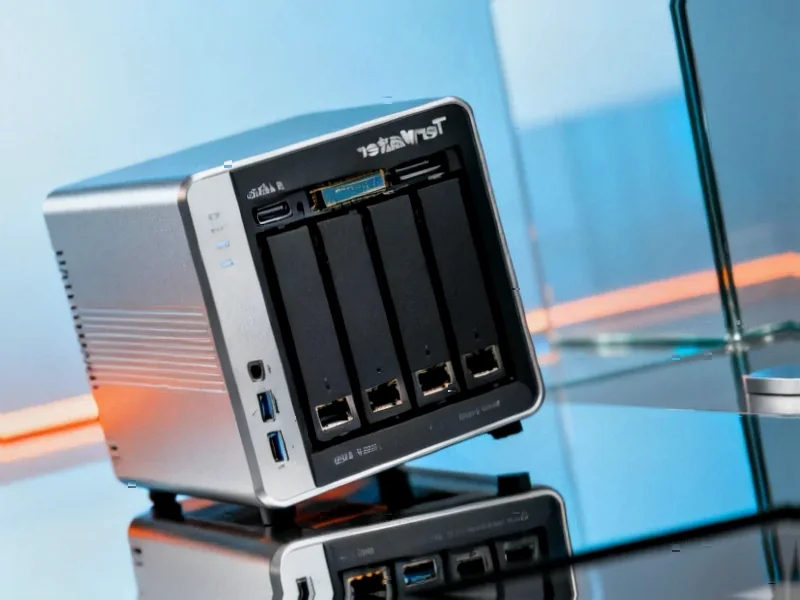According to Financial Times News, the US government has granted Microsoft the first-ever license to export advanced Nvidia AI chips to the United Arab Emirates, marking a significant policy shift. The approval follows a May agreement between President Donald Trump and UAE President Sheikh Mohamed bin Zayed al-Nahyan to construct a massive AI data center campus in Abu Dhabi. Microsoft President Brad Smith confirmed the company received the export license in September after meeting “very stringent cyber security, physical security and other security requirements” imposed by the Department of Commerce. The breakthrough enables Microsoft to accelerate its UAE investment plans, increasing spending from $7.3 billion over the past three years to more than $7.9 billion from 2026 to 2029, with $5.5 billion allocated specifically to AI and cloud infrastructure capital spending. This strategic move reflects the growing importance of Middle East partnerships in the global AI landscape.
Geopolitical Realignment in AI Infrastructure
This license represents a fundamental shift in US technology export strategy that extends far beyond Microsoft’s immediate business interests. The Middle East has emerged as a critical theater in the US-China technology competition, with both superpowers recognizing the region’s strategic importance for future AI infrastructure. By allowing advanced AI chip exports to the UAE, the US is effectively creating a technological beachhead in a region where Chinese companies like Huawei have made significant inroads. The timing is particularly noteworthy given ongoing tensions over semiconductor technology transfers and the broader geopolitical struggle for influence in emerging markets. This move suggests the US is adopting a more nuanced approach to export controls—one that balances national security concerns with the strategic need to maintain technological leadership through international partnerships.
The New Security Paradigm for AI Exports
The stringent security requirements Microsoft had to satisfy reveal a sophisticated new framework for managing sensitive technology exports. Unlike traditional arms controls that focus primarily on physical security, these requirements encompass comprehensive cybersecurity protocols, physical infrastructure protection, and likely include monitoring mechanisms to prevent technology diversion. This establishes a precedent for how the US might manage future exports of sensitive AI technologies to allied nations. The successful licensing process suggests that companies willing to invest in robust security infrastructure can navigate export control barriers, potentially opening doors for other US technology firms seeking to expand in strategically important markets. However, the substantial investment required to meet these standards creates a significant barrier for smaller players, potentially consolidating market power among the largest technology companies.
Middle East’s Emerging AI Infrastructure Race
The UAE’s aggressive push into AI infrastructure represents a broader regional transformation as Gulf states diversify beyond oil revenues. Countries including Saudi Arabia, Qatar, and the UAE are competing to establish themselves as AI hubs, leveraging their financial resources to attract technology partnerships. Microsoft’s expanded investment signals confidence in the UAE’s long-term position in the global AI ecosystem, but it also raises questions about technological sovereignty and dependency. While the immediate beneficiaries include local businesses and governments gaining access to cutting-edge AI capabilities, the arrangement creates a complex interdependence where the UAE gains technological capacity while remaining dependent on US-controlled hardware and software ecosystems. This dynamic could shape the region’s technological development for decades, potentially creating a model that other resource-rich nations might emulate.
Accelerating Big Tech Dominance
This development underscores the growing concentration of AI infrastructure development among a handful of US technology giants. Microsoft’s ability to navigate complex export controls and make multi-billion dollar investments reinforces its position as a gatekeeper for advanced AI capabilities in international markets. Smaller competitors and startups lack the resources to meet stringent security requirements or make comparable infrastructure investments, potentially creating a two-tier global AI ecosystem where emerging markets access advanced AI primarily through partnerships with US tech giants. This consolidation has implications for innovation diversity, pricing power, and ultimately, who controls the development and deployment of transformative AI technologies worldwide. The licensing precedent suggests that future AI infrastructure projects in strategically sensitive regions will likely follow similar patterns of partnership between host governments and established US technology leaders.




